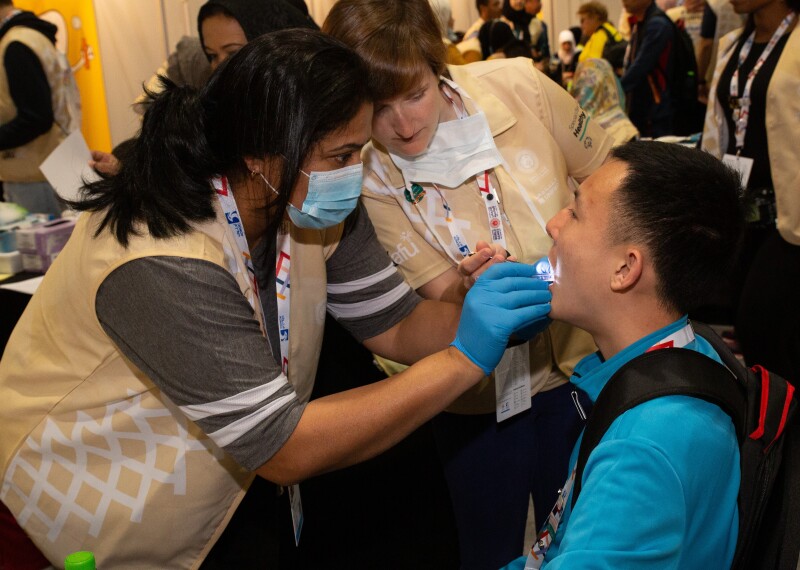
Read the full article that was originally posted on Dentistry Today.
Millions of Americans lack access to basic dental care. Moreover, an alarming percentage of people with special needs are unaware of the condition of their oral health.
According to the Centers for Disease Control and Prevention, approximately 6.5 million people in the United States have an intellectual disability. Unfortunately, many dentists are unable to treat patients with disabilities because of their lack of professional training and the patients’ reactions to common dental procedures. Access to specialized care such as dentistry is therefore among the main healthcare concerns for people with special needs.
According to the Special Olympics Healthy Athletes Special Smiles program for dental screenings and education, in the United States, 46% of athletes with intellectual disabilities present signs of gingivitis, 25% have untreated tooth decay, 12% report pain in their mouth, and 9% receive an urgent dental referral. When left untreated, oral disease can be painful and expensive to treat.


